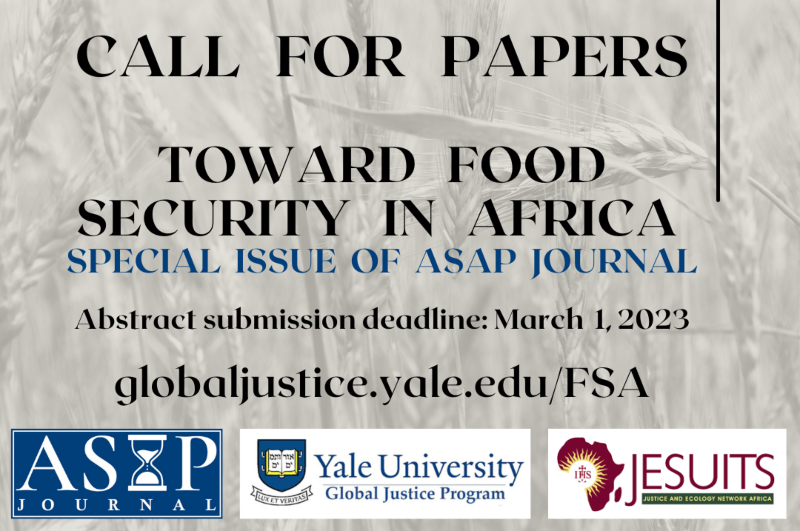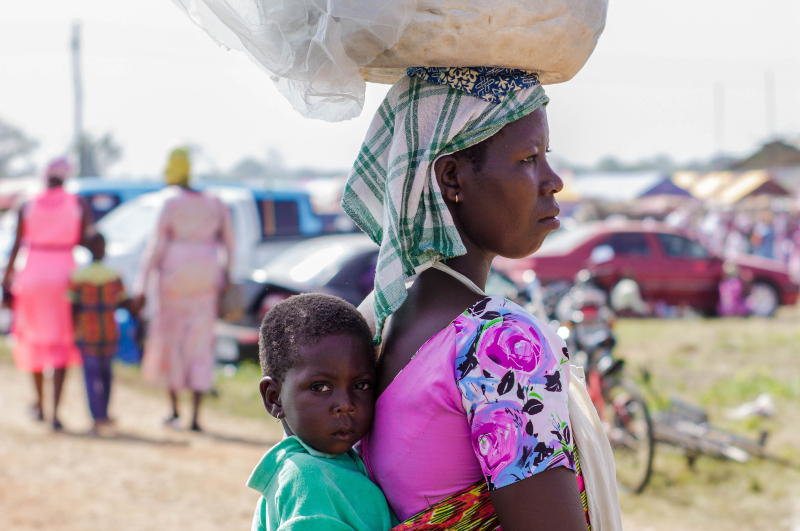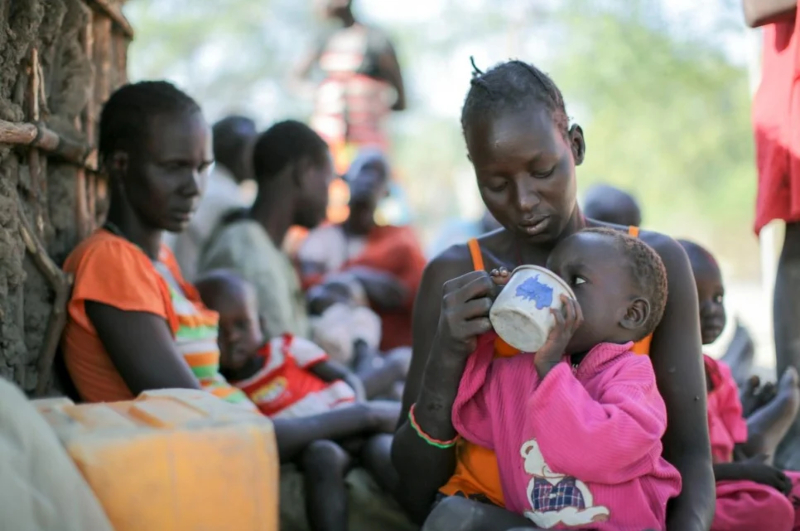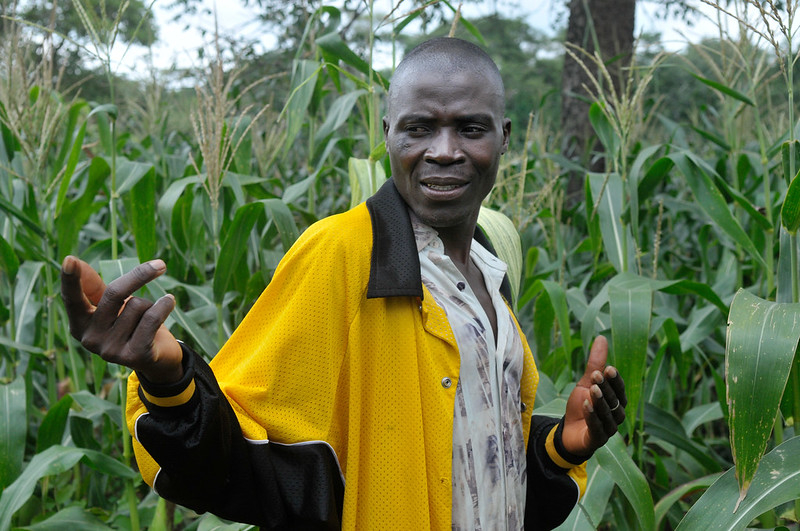

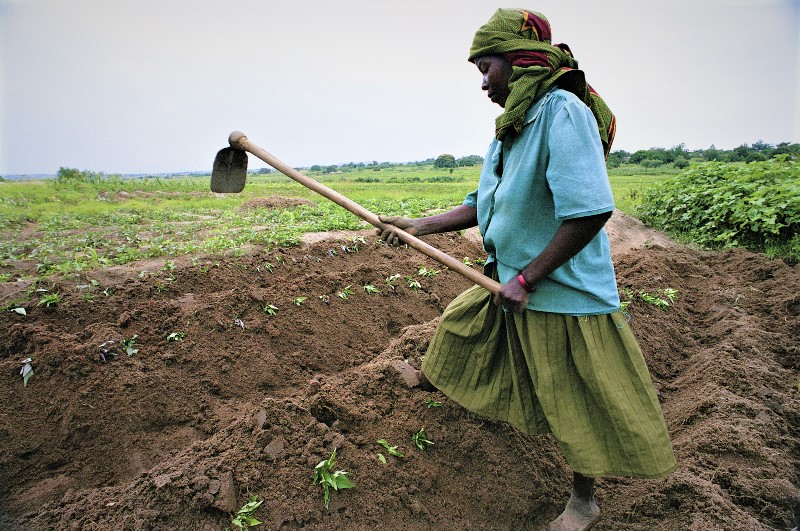

Russia-Ukraine War a Thorn to Global Food Systems: Implications on Sub-Saharan Africa Countries
To register please click {HERE} and join in the discussion
The close link between food security and peace and stability cannot be overlooked. Over the years, countries and regions with failed peace and stability are often characterized by weak food systems; vice versa is often true. This is because conflict has a direct negative impact on food systems, affecting people’s ability to produce, trade, and access food. In recent times the Russia-Ukraine war remains a global shock that has weakened global food supply chains ultimately affecting food security in the short run. This is a drawback on the journey to attaining Sustainable Development Goal (SDG) 2 on Zero Hunger.
Informed by a review of previous scholarly works on the effect of war and conflicts on Sub-Saharan Africa's food security and food systems; we can assess the possible impact the Russia-Ukraine war could have on the region’s food security. Plausible scholarly and policy research insights indicate that Sub-Saharan African countries need to have policies that encourage domestic production of farm inputs such as fertilizers and production of staple food crops such as wheat. This needs to be coupled with peaceful co-existence between individuals and nations to avert adverse effects on food security and food systems.
With food justice being at the center of JENA’s programmes and mission, the institution seeks to assess the likely effects of the Russia-Ukraine war on food security in Sub-Saharan Africa. To achieve this, JENA commissioned a study in form of a discussion paper on ‘Russia-Ukraine War a Thorn to Global Food Systems: Implications on Sub-Saharan Africa Countries’. This will be informed by desk review, key informant interviews, and a series of webinars culminating in a workshop to disseminate the policy implications and next steps.
The Jesuit Justice and Ecology Network-Africa (JENA) in partnership with Jesuit Center for Ecology and Development (JCED), Malawi, Kasisi, Zambia, Hakimani-Kenya, and Hekima University-Kenya, Caritas Africa brings together eminent scholars to weigh in on policy implications and next steps to strengthen Sub-Saharan Africa food systems amid the Russia-Ukraine war crisis.
Date: 26th July 2022
Time: 15:00- 16:30 East African Time.
Mode: Zoom
Panellists
• Dusi Blaise ,Program Manager, Westerwelle Startup Haus Kigali, Rwanda
• Dr. Frank Tchuwa, Lecturer, Lilongwe University of Agriculture and Natural Resources (Malawi)
• Mark Kebo Akparibo, Founder and Executive Secretary of Tele-Bere Green AgroFarms in Ghana
• Njavwa Thresa Bwalya, Programmes Officer at Zambia Alliance of Women (Zambia)
• Prof Daimon Kambewa, Social Scientist, Lilongwe University of Agriculture and Natural Resources (Malawi).
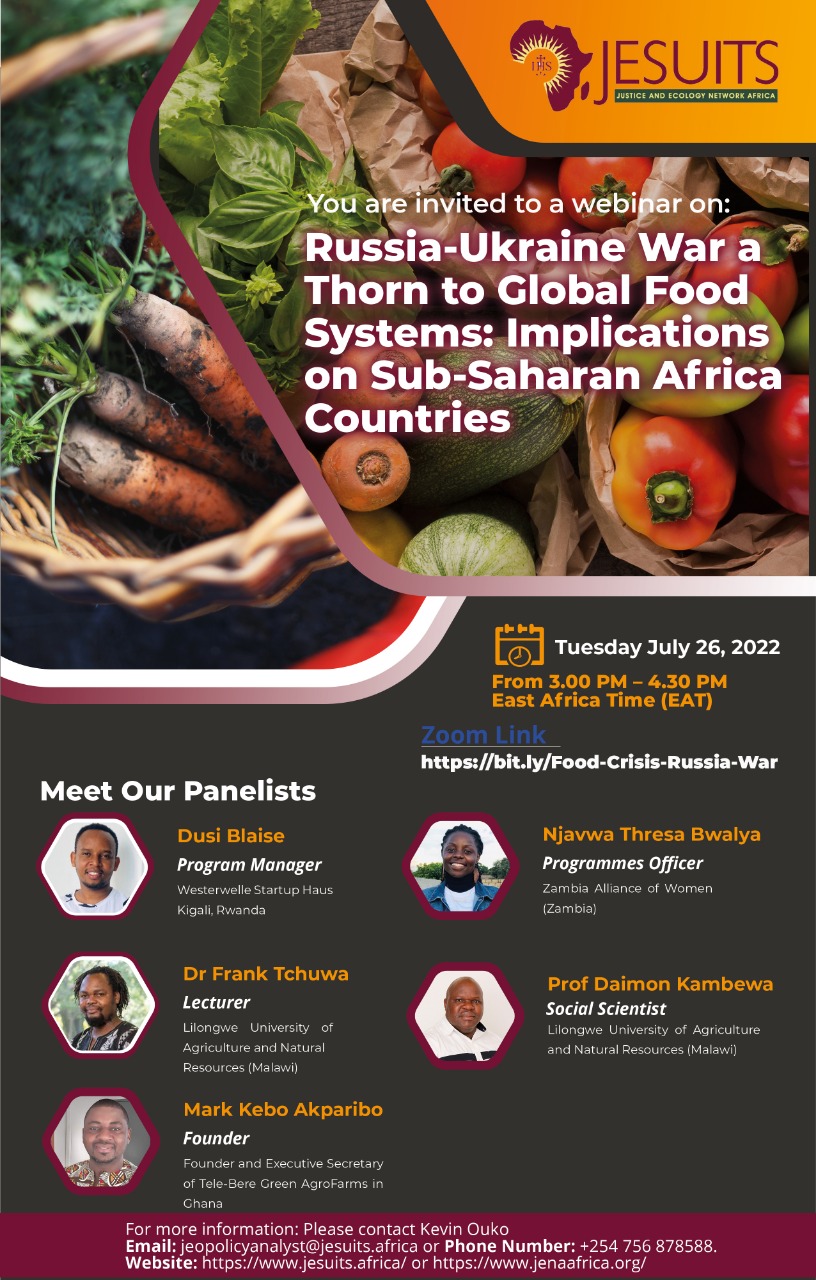
Credits:
Woman Farming in Tanzania: Photograph: World Bank / Scott Wallace
Felix Twaya, of Lemu, Balaka, Malawi, farms about three acres of land: Photo credit: T. Samson/CIMMYT.
Related Articles
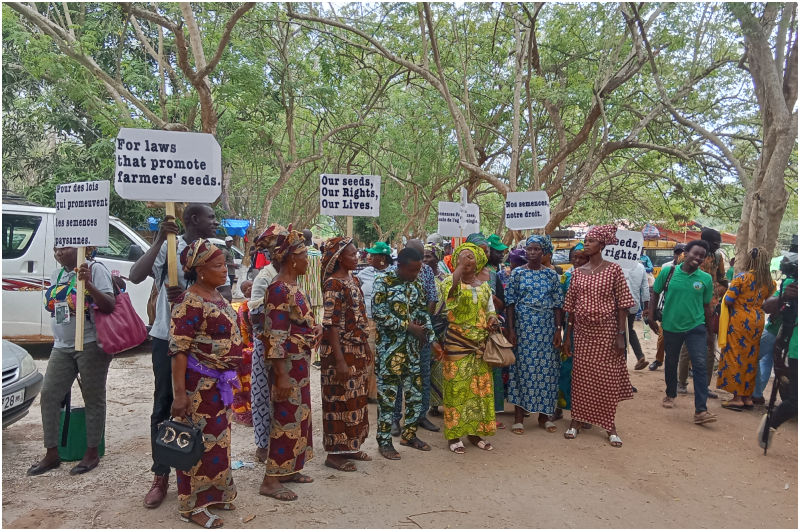
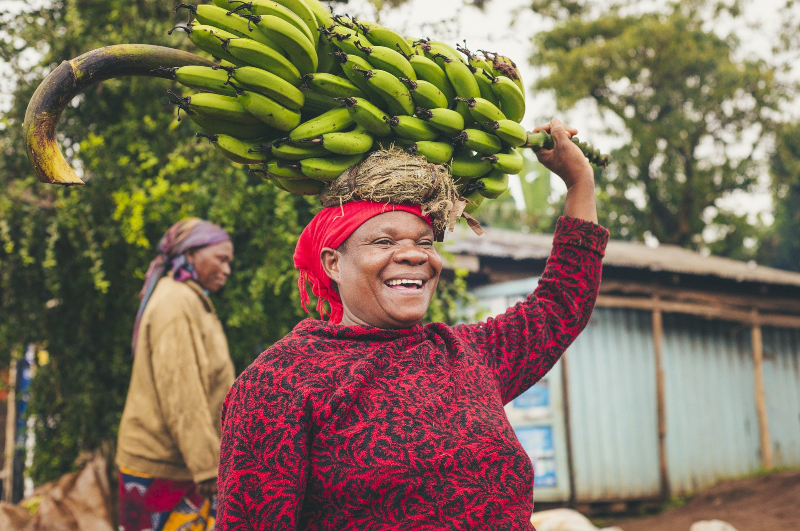
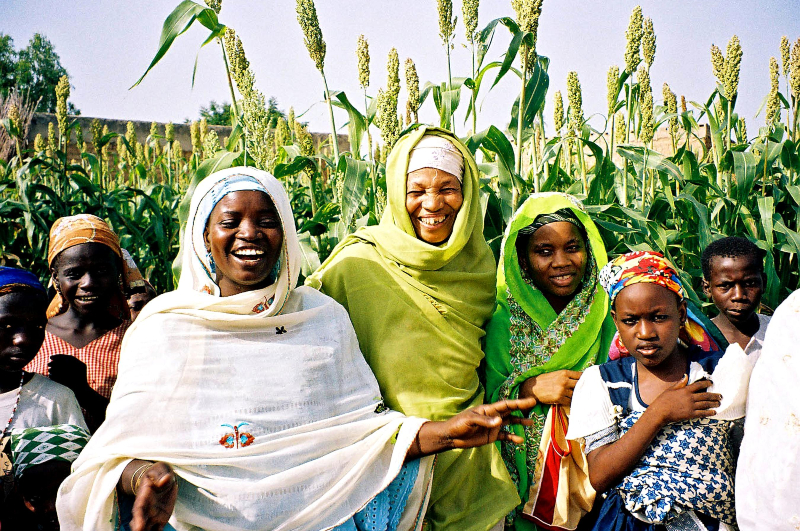
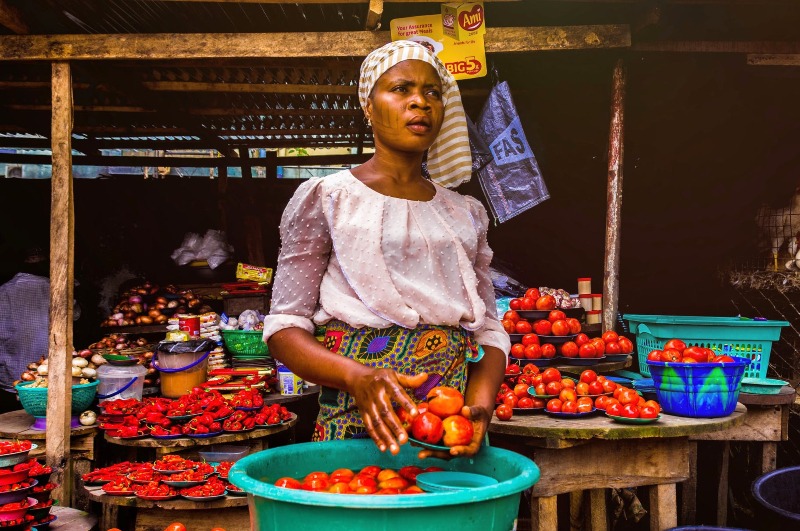
Select Payment Method
Pay by bank transfer
If you wish to make a donation by direct bank transfer please contact Fr Paul Hamill SJ treasurer@jesuits.africa. Fr Paul will get in touch with you about the best method of transfer for you and share account details with you. Donations can be one-off gifts or of any frequency; for example, you might wish to become a regular monthly donor of small amounts; that sort of reliable income can allow for very welcome forward planning in the development of the Society’s works in Africa and Madagascar.
Often it is easier to send a donation to an office within your own country and Fr Paul can advise on how that might be done. In some countries this kind of giving can also be recognised for tax relief and the necessary receipts will be issued.



